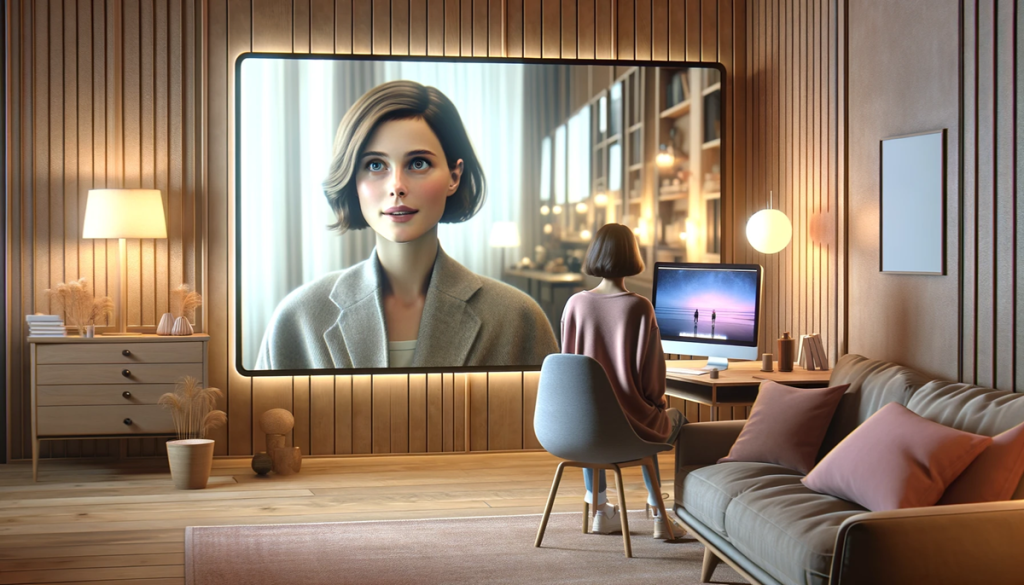OpenAI delays the launch of the voice assistant for ChatGPT 4.0 and hints at a new business strategy
OpenAI is delaying the introduction of the eagerly anticipated voice assistant feature for ChatGPT 4.0 to ensure that it “can safely and efficiently handle the demands of millions of users.” This significant decision presses the brakes on rapid development and even faster product launches.
At an event in May, OpenAI introduced the voice assistant, an option for GPT-4.0, an updated version of its GPT-4 model, which they claimed is better at processing text, audio, and images in real-time.
Introduction and Scandal
In a model demonstration, OpenAI researchers and Chief Technology Officer Mira Murati held a conversation with the new ChatGPT using only their voices and showed that the tool could respond to spoken questions. The system answered almost instantly, in milliseconds. During the presentation, the chatbot also translated speech from one language to another almost immediately, and at one point, sang on request. It responded to requests like solving a math problem presented on a piece of paper placed in front of a phone camera.
Shortly after the introduction, a small scandal occurred, which fortunately fell into oblivion. Many recognized and compared the virtual voice of the chatbot to the virtual AI assistant from the 2013 film “Her,” voiced by Scarlett Johansson. The actress sharply reacted and demanded that one of the ChatGPT voices be removed because it sounded too much like her. There was even talk of a lawsuit.
Ability to Identify and Reject
OpenAI then said it initially planned to launch the voice function for a small group of ChatGPT Plus subscribers at the end of June, but just announced, as reported by Bloomberg, that it needs another month to “meet our launch standards.”
“We are improving the ability to identify and reject certain content,” the company said on Tuesday. “We are also working on improving the user experience and preparing our infrastructure as we expect millions of users to communicate in real-time.”
A Delay That Says a Lot
This is a significant delay and can be interpreted in many ways. First, that OpenAI, after many criticisms, layoffs, and the departure of co-founders, realizes that it must care about safety and not race to be the first to market at the expense of user safety. If this thinking is correct, it represents a shift from the effort to always be ahead of the growing number of competitors in the field of artificial intelligence.
Perhaps this delay simultaneously signals a pre-phase in which, as hinted by Sam Altman, the company will transition from non-profit to for-profit status. If and when that happens, investors need to be convinced that the company operates with minimal risk and maximum potential for financial gain. Such a change could open the door to the eventual initial public offering of OpenAI shares, whose private valuation is currently $86 billion, and could give Altman the opportunity to take a stake in the rapidly growing company, a move some investors are pushing for.
Additionally, it may mean taking the time to avoid another unnecessary scandal and branding fiasco like the one with the voice similar to actress Scarlett Johansson.
According to the latest available announcements, OpenAI says it plans to launch the voice function to all subscribers during the fall.
